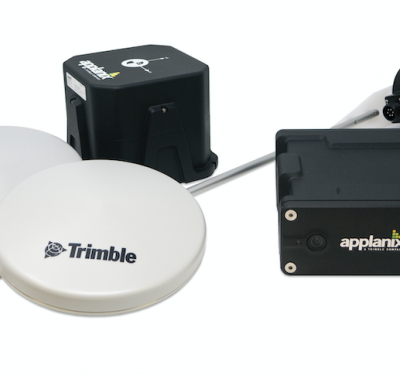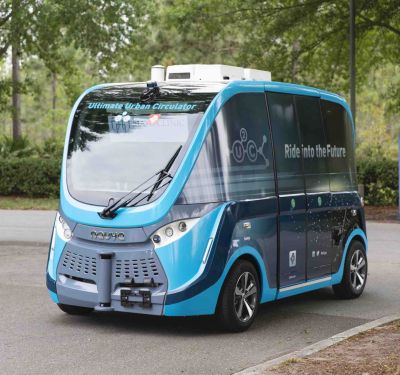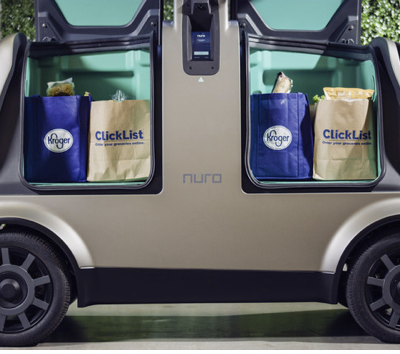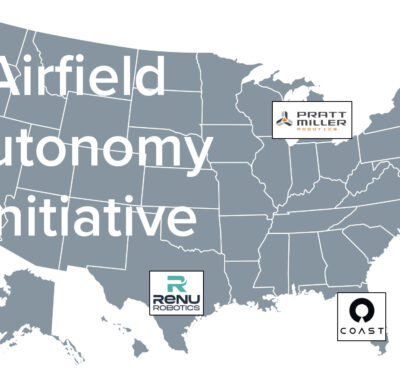For the first time, a driverless car has traveled fully autonomously on real snow-covered roads.
Martti, the RobotCar developed by VTT Technical Research Centre of Finland, completed this mission on the Aurora E8 intelligent road in Muonio, according to a news release. The research vehicle is based on the chassis of Volkswagen Touareg and features multiple cameras, sensors, antennas and laser scanners. It is much like its counterpart, Marilyn, though the number and placement of sensors differs.
“When in spring 2017 we, the researchers, taught the automated car Marilyn to drive, this autumn it has been teaching us on how to make Martti such that it can get along with its spouse, and follow GPS and positioning information on its route,” said Matti Kutila, project manager from VTT’s RobotCar Crew, according to the release. “Martti has been designed for demanding weather conditions and Marilyn shines as the queen of urban areas.”
Martti received a 24-hour training session before the drive, and was able to reach speeds of 40 km/h, according to the release.
“It probably also made a new world record in fully automated driving, making 40 km/h in a snowfall on snow-covered terrain without lane markings,” Kutila said, according to the release. “It could have had even more speed, but in test driving it is programmed not to exceed the limit of 40 km/h.”
The team at VTT will continue to work on improving both vehicles, which includes changing the wavelengths of the optical components, increasing the resolution of the radar, and building more intelligence in the software to monitor sensor capabilities.
By mid-January, Martti will feature communication modules that allow the vehicle to communicate with digital transport infrastructure. For now, it can only communicate with Marilyn. Marilyn will continue to prepare for a mission in Germany, which is slated for May.
The Aurora E9 experiments were conducted as part of the Artic Challenge-CAD project, which is a joint project between Indagon, InfoTripla and Dynniq.

“We already have at our disposal an intelligent roadside unit, capable of feeding local information for the insatiable needs of Martti and Marilyn,” Kutila said. “This cart, dubbed MARSU, contains measuring devices for friction data and a communications module serving as a base station. Furthermore, next spring one of our vehicles can also be spotted in forest environments, when Marilyn and Martti get a new friend capable of tackling all terrains.”






